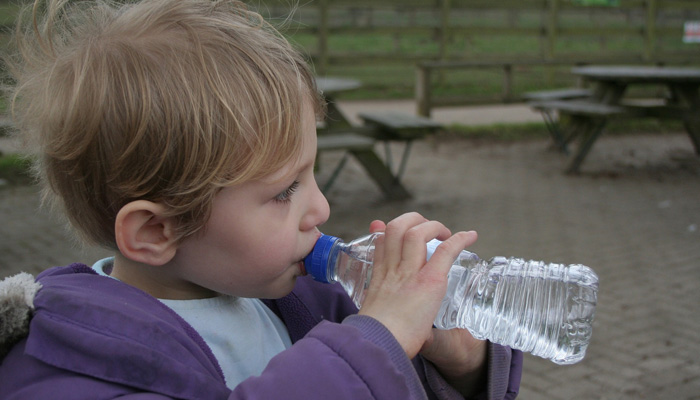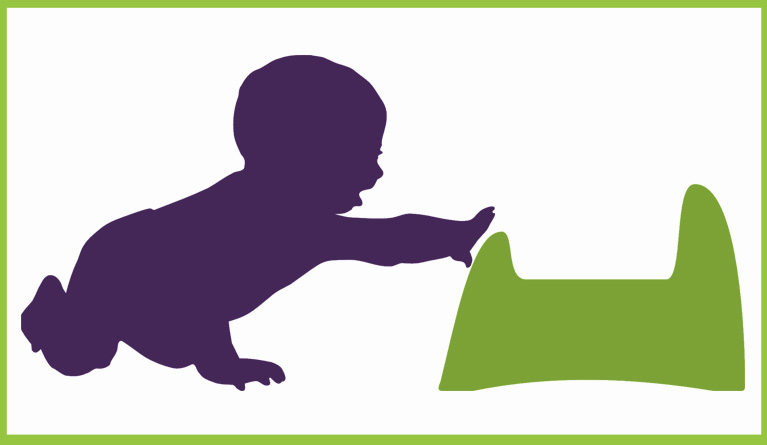Let’s talk about poo!!
Yep, once you become a parent, poo suddenly becomes less of a taboo topic. Whether you’re talking about nappy changes, potty training or the latest bout of tummy bugs to hit the preschool, you’ll find yourself discussing poo more in the first few years of parenthood than in all the years before it! However, it’s not all about the ‘yuck factor’.
Keeping your eye on what’s going on in the toilet is very important. Your child’s toilet habits can be affected by the health of their bladder and bowel to the extent that national childhood continence charity ERIC (Education and Resources for Improving Childhood Continence) has launched a new leaflet for parents of two year olds, to help them understand how to recognise and support a healthy bladder and bowel in their child.
Across the UK, 1 in 12 children has an ongoing bladder or bowel problem such as an overactive bladder, chronic constipation, recurring Urinary Tract Infection or bedwetting. In addition, there are 15,000 hospital admissions for difficulties including chronic constipation and childhood Urinary Tract Infection every year in England. This includes over 5,000 admissions in the under 4’s. There are a further 18,000 hospital outpatient appointments for childhood constipation among children and young people.
The vast majority of these admissions and appointments could be avoided through improved early intervention in primary care, good drinking and toileting habits and better early years and school support for children and young people.
There are many contributing factors to the development of childhood continence problems. Parents often do not spot the early signs and symptoms, which can lead to months or years of dealing with these distressing issues. Also, local health services are often poorly designed and underfunded and there is a lack of specialist training among professionals including health visitors, nursery staff and school nurses.

What are some of the signs of a bladder and bowel problem?
- Your child is not weeing and pooing at regular intervals.
- They are in pain or discomfort when weeing or pooing.
- They are not staying dry for at least an hour between wees.
- They are pooing less than four times a week or more than three times a day and the poos are hard, or runny (runny poo can be overflow caused by constipation, but is often recognised as diarrhoea).
What you can do to help
- Ensure your child is drinking at least 6-8 drinks every day and throughout the day. Choose a suitable cup for their size – about 120-150ml for a two year old.
- Avoid drinks containing caffeine – like tea, coffee and cola, as well as sweetened/fizzy drinks.
- Exercise stimulates the bowel so encourage your child to keep active.
- Encourage a balanced diet that includes plenty of fruit, vegetables and cereals.
- Think about starting potty training when your child is between two and two and a half years. Children are ready at different ages and they will give you a range of signs to let you know.
- If necessary, speak to your child’s nursery or school about access to water, toilets and appropriate support for toileting issues. ERIC has produced a leaflet to help education staff understand their responsibilities.
- Visit the ERIC website, www.eric.org.uk for further information on potty training or wetting and soiling problems. You can also access ERIC’s online message boards and a Helpline (Mon and Wed, 9.30am-4.30pm).








Leave A Comment
You must be logged in to post a comment.